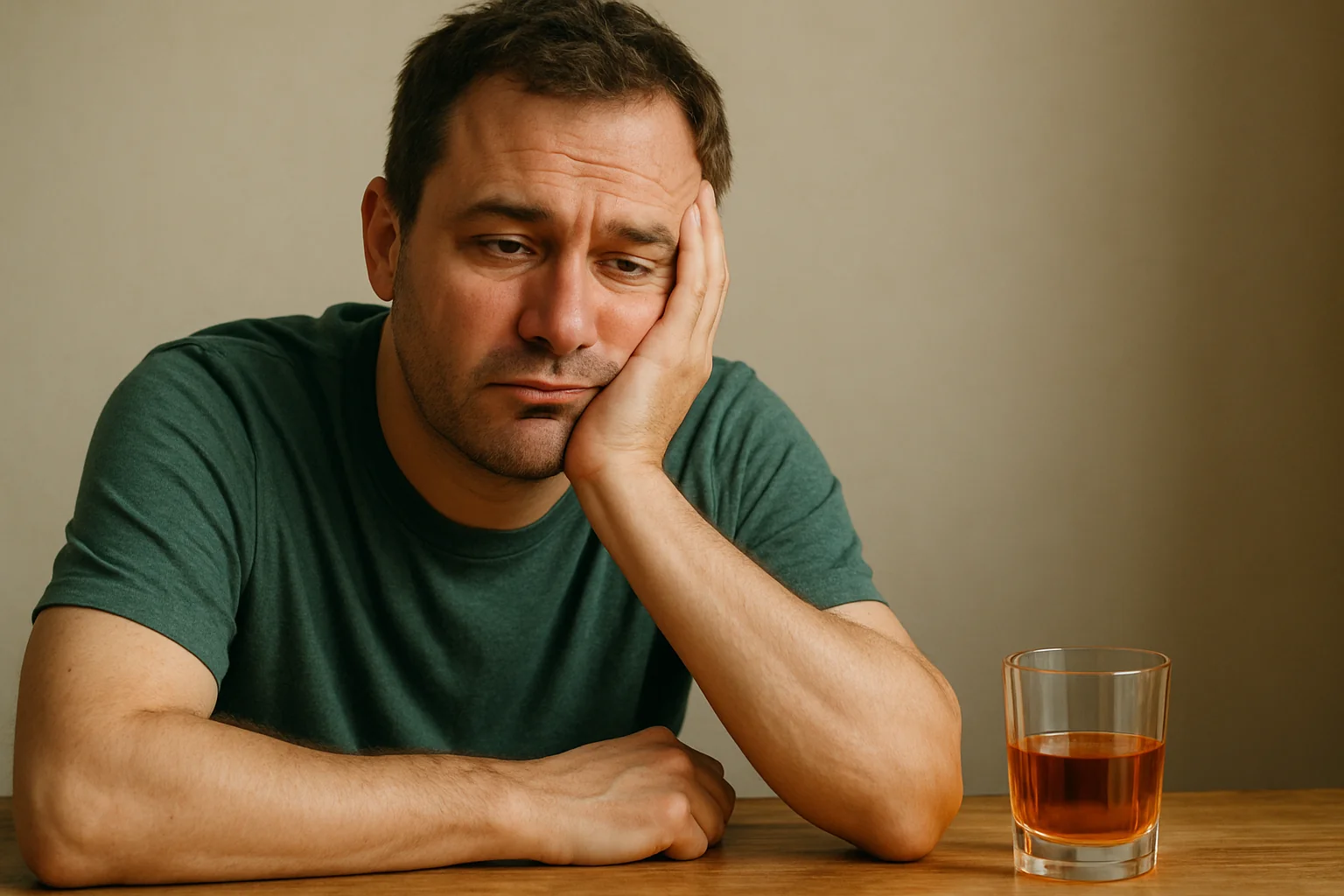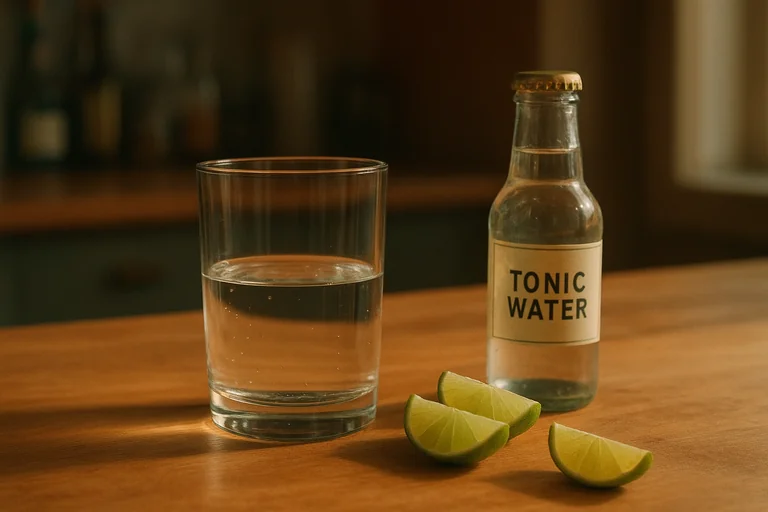A 2 minute assessment to get a personalized mental health or alcohol recovery plan.
Millions of people use alcohol to self-medicate in an effort to feel better only to end up feeling worse than before.
What You’ll Learn:
- What self-medication means.
- Why so many people turn to alcohol to self-medicate.
- The dangers associated with using alcohol to self-medicate.
- How to stop using alcohol to self-medicate.
There are several proven methods to stop taking alcohol as a self-medication, ranging from pharmaceuticals like naltrexone to abstinence programs such as Alcoholics Anonymous and treatment programs with cognitive behavior therapy at the center.
Self-medicating is defined as the use of substances to deal with emotional, psychological or physical pain in place of seeking out professional help to deal with the problem at hand. Essentially, a person is treating their own symptoms with unhealthy coping mechanisms that don’t address the problem.
Often alcohol is the substance that is used to self-medicate. We’ll explore why that is, the dangers involved with using alcohol to self-medicate and how a person can stop taking alcohol as a self-medication.
Why Alcohol is Commonly Used to Self-Medicate
Using alcohol to temporarily relieve distress, sadness, anxiety or pain is startlingly common. Studies have shown that:
- 22% of people with clinical anxiety drink alcohol to deal with their symptoms.
- 23% of individuals who have major depression use alcohol as a coping mechanism.
- 24% of people with mood disorders self-medicate with alcohol.
- 25% of people who have suffered trauma use alcohol to cope.
- 40% of individuals with PTSD self-medicate using alcohol.
- 41% of those with bipolar disorder use alcohol and/or drugs to self-medicate.
Equally telling is research that determined 77% of people with a substance use disorder (SUD) had experienced trauma before the age of 16, and 67% self-medicated with alcohol specifically.
All this data verifies that millions of people use alcohol to self-medicate on a regular basis. Alcohol is an extremely common self-medication because it’s:
Easily Accessible
Unlike other substances that are used for self-medicating, alcohol is legal and easily accessible for anyone who is at least 21 years old.
Socially Acceptable
Another factor that comes into play is that alcohol is socially acceptable, unlike other drugs. There are bars built specifically for people to drink and socialize. Companies have happy hours for their employees. And there are mixers where people are encouraged to drink and mingle.
A Temporary Distraction and Numbs the Pain
The primary reason alcohol is used for self-medication purposes is because it temporarily distracts people from their problems and numbs the pain that they feel. Alcohol produces a euphoric effect for most people, but the effect doesn’t last. Still, for those that are self-medicating alcohol is a way to escape.
A Way to Avoid Real Treatment That Addresses the Underlying Problems
Like other substances, alcohol is basically a band-aide that people use to avoid really addressing their problems. But alcohol is a depressant that, over time, worsens mood and mental health symptoms. Instead of resolving problems with therapy and medications for alcohol use disorder, some people double down.
Other common reasons alcohol is used to self-medicate include:
- Seeking quick relief from painful emotions or trauma.
- Trying to reduce anxiety or “quiet the mind” to fall asleep.
- Masking symptoms when mental health care feels out of reach or stigmatized.
- Following patterns learned from family or culture.
The Dangers of Self-Medicating With Alcohol
Many turn to alcohol as an “easy fix” for stress, anxiety, depression or trauma, believing it numbs pain or will boost their mood so that they can feel better. But self-medicating with alcohol brings about real dangers, fueling a harmful cycle that’s harder to break the longer it goes on.
Relying on alcohol for relief is risky, especially over time because:
It Can Lead to Alcohol Use Disorder
Self-medication raises the risk of developing alcohol dependence or alcohol addiction. The more a person drinks the higher the risk becomes as the habit becomes engrained and the brain remodels structurally and chemically.
Alcohol Can Cause Physical Harm
Alcohol can cause physical harm in the short-term and the long-term. In the short-term there’s a significant increase in the risk of accidents that can cause bodily harm. In the long-term excessive alcohol use can lead to liver disease, heart problems, poor sleep and a number of ailments.
It Makes Problems Worse Instead of Addressing the Underlying Issues
Alcohol can worsen underlying mental health issues, increasing feelings of depression, anxiety and hopelessness. The reason this happens is because negative moods rebound stronger than before after the numbing effect of alcohol wears off. On top of that, using alcohol to self-medicate often delays or prevents a person from getting effective treatment, letting underlying issues continue or worsen.
How to Stop Using Alcohol to Self-Medicate
Self-medicating with alcohol is a common but hazardous way to handle emotional pain and stress that feels overwhelming. Addressing the root causes with professional help rather than masking symptoms with alcohol offers the best chance for true healing and leading a healthier life.
Today, people who are battling unhealthy alcohol use have options for breaking the cycle.
Medication-Assisted Treatments
As we have learned more about how alcohol affects the brain, researchers have discovered there are medications that can help blunt the effects and curb the alcohol cravings that keep people dependent.
Two medications that are proven to do this are naltrexone and GLP-1. Naltrexone is unique in that you don’t have to stop drinking entirely, although many people end up doing so. The medication blocks opioid receptors that cause alcohol’s euphoric effect. Over time the craving for alcohol is curbed and the person simply loses their desire to drink. GLP-1 semaglutide medications have a similar effect on the dopamine system, which decreases alcohol cravings.
When alcohol loses its euphoric effect there’s little reason for someone to use alcohol to self-medicate.
Professional Help From a Licensed Therapist
Anyone who is using alcohol to self-medicate can benefit from talking with a licensed therapist. A licensed therapist can help in a variety of ways starting with identifying the underlying reasons for self-medicating. They can also help you replace alcohol with healthy coping mechanisms and provide accountability along the way.
Surround Yourself With Supportive People
The more support a person has the easier it is to heal and cope with problems in a healthy way. Making sure the people around you are healthy and support the lifestyle changes you need to heal, the easier it is to stay the course. They are also great sounding boards that can listen and help you with issues that are difficult to deal with alone.
At Choose Your Horizon our medical team offers virtual health services for anyone who is using alcohol or drugs the self-medicate. We offer proven solutions under the supervision of qualified clinicians that help people overcome alcohol addiction, anxiety, depression and trauma in a healthy way. Best of all is that the therapies can be done at home, giving you convenience and control over the process.
If you need help transitioning from self-medication to professional care, reach out to our team at any time. You can also begin the process by taking our Alcohol Use Assessment online.




